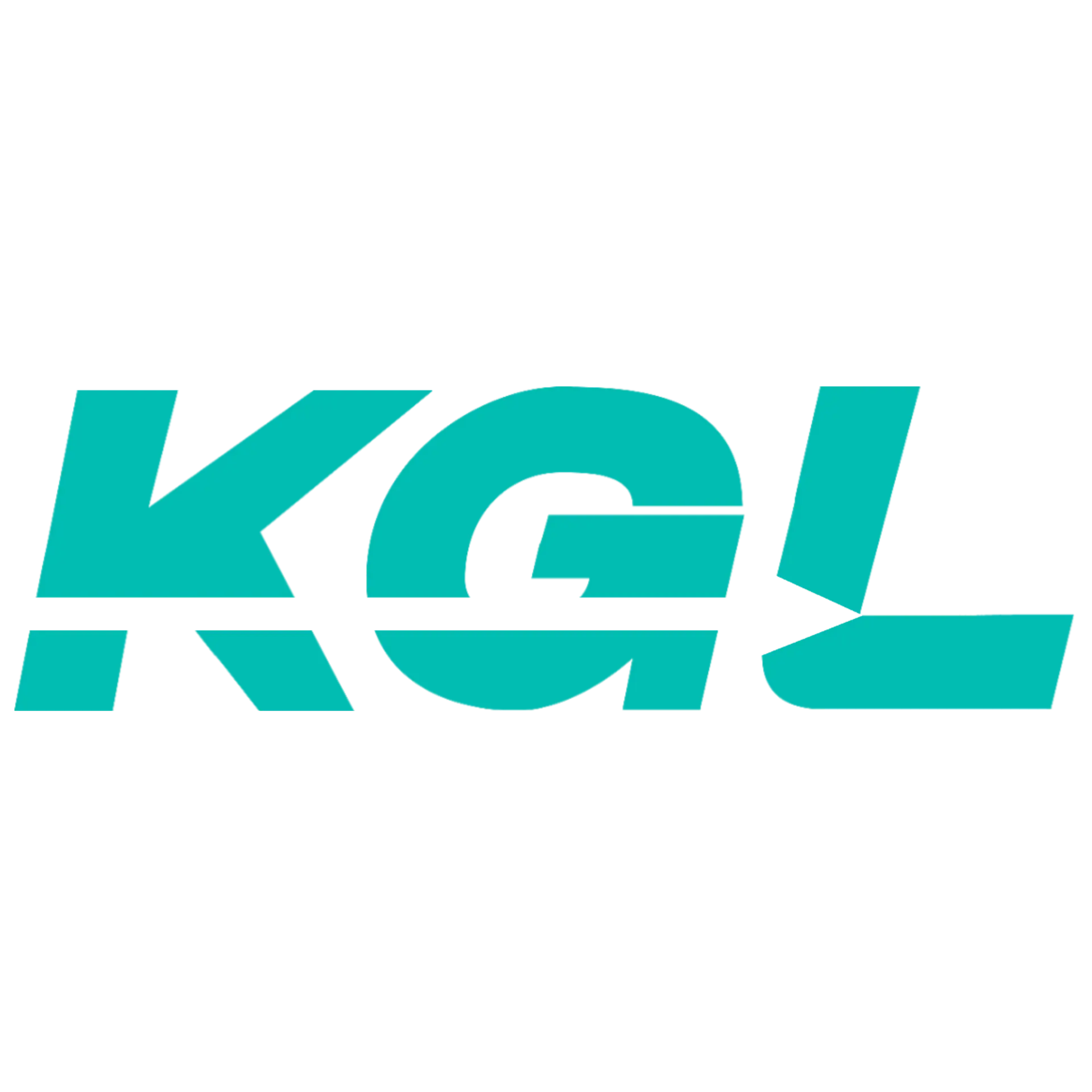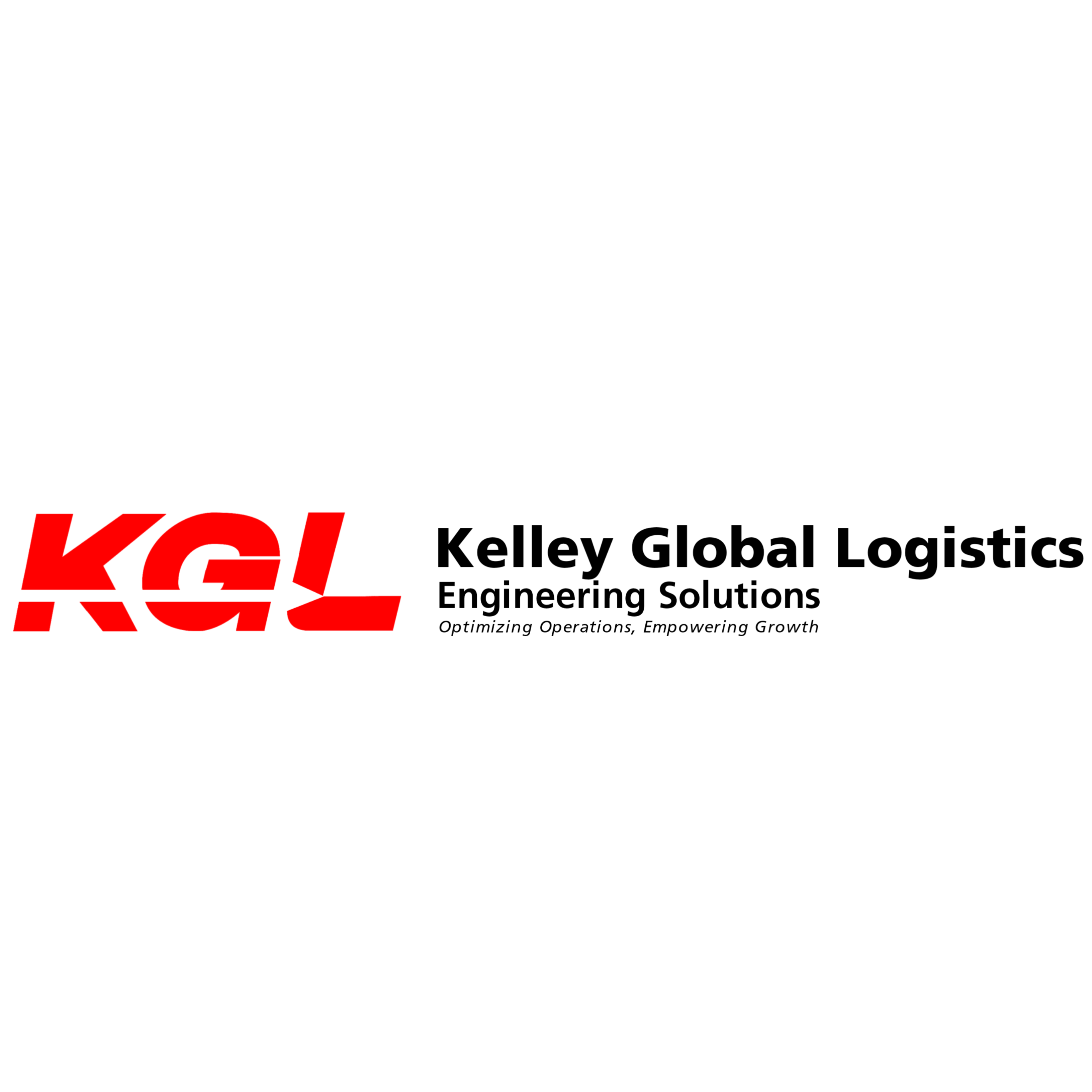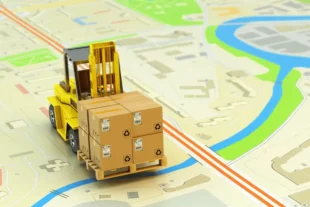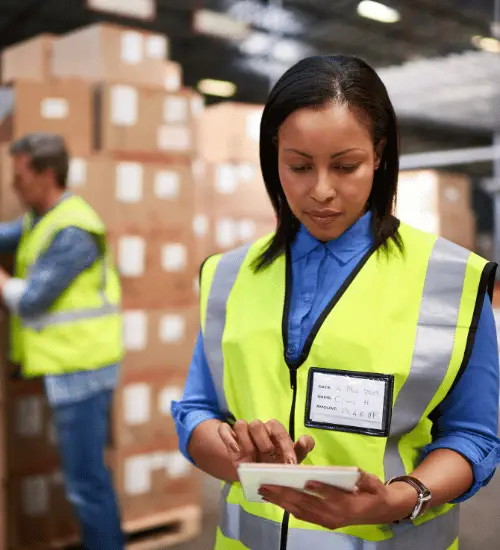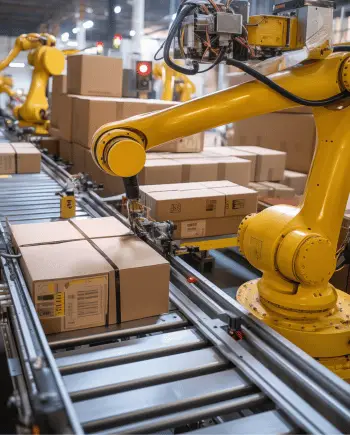Table of Contents
“Autonomous trucks are no longer a futuristic concept—they are here, transforming global supply chains in real-time.”
— Chris Urmson, CEO of Aurora Innovation
In 2025, autonomous trucking is reshaping logistics, offering cost reductions, increased efficiency, and enhanced safety in freight transportation. With the global autonomous trucking market projected to reach $1.5 trillion by 2035, according to McKinsey & Company, the industry is witnessing a surge in AI-driven trucking solutions, tackling challenges like driver shortages, rising fuel costs, and supply chain disruptions.
Why Autonomous Trucking Is a Game-Changer
The shift toward self-driving freight isn’t just about convenience—it’s an economic necessity. According to the American Trucking Associations (ATA), the U.S. is facing a shortage of over 80,000 truck drivers, a number expected to double by 2030. Autonomous trucks offer a solution by running 24/7, reducing delivery times, and cutting operational costs by up to 45%.
Moreover, safety is a key driver behind the adoption of autonomous freight. Studies from the National Highway Traffic Safety Administration (NHTSA) show that 94% of road accidents are caused by human error. Self-driving trucks equipped with AI, LiDAR, and advanced sensor systems drastically reduce the risk of crashes, making supply chains safer and more reliable.
Leading Autonomous Trucking Companies (2025)
As the industry matures, only a handful of companies are leading the race to commercialize autonomous trucking. These companies are testing and deploying AI-powered, self-driving Class 8 trucks across major logistics hubs in North America, Europe, and Asia.
We spotlight the top 5 leading autonomous trucking companies of 2025, analyzing their technology, industry impact, and strategic partnerships shaping the future of autonomous logistics.
1. Aurora Innovation
Headquarters: Pittsburgh, Pennsylvania
Key Features:
- Aurora Driver AI: Integrates LiDAR, radar, and computer vision.
- Scalability: Focuses on commercial freight operations.
- Partners: FedEx, PACCAR, Volvo, and Uber Freight.
Aurora Innovation is one of the most promising companies at the forefront of autonomous trucking, bringing cutting-edge AI and automation to the logistics industry. Founded in 2017 by Chris Urmson (former Google self-driving car lead), Sterling Anderson (former Tesla Autopilot head), and Drew Bagnell (ex-Uber ATG engineer), Aurora has rapidly established itself as a leader in self-driving freight technology.
The Aurora Driver
At the heart of Aurora’s innovation is the Aurora Driver, a powerful Level 4 autonomous driving system designed to operate without human intervention on highways. The system integrates:
- LiDAR, Radar, and Cameras – Provides 360-degree perception, allowing trucks to detect obstacles, vehicles, and pedestrians in all weather conditions.
- Fusion-Based AI – Combines sensor inputs with machine learning to make real-time driving decisions.
- Aurora Virtual Testing Suite – A high-fidelity simulation environment that trains AI models on billions of miles before deployment on real roads.
- Proprietary High-Definition Maps (HD Maps) – Allows self-driving trucks to navigate efficiently on long-haul routes with precision.
In December 2023, Aurora achieved a major milestone by successfully operating fully autonomous freight runs with no safety drivers in Texas, a crucial step toward commercial deployment.
Strategic Partnerships
Aurora has secured high-profile partnerships with industry leaders to accelerate autonomous trucking adoption:
- FedEx – Aurora has been piloting autonomous trucking routes between Dallas and Houston, delivering FedEx freight with self-driving Class 8 trucks.
- Uber Freight – Collaborating to integrate autonomous trucking into Uber’s digital freight network, enabling seamless automated logistics dispatching.
- PACCAR & Volvo – Aurora is working with two of the world’s largest truck manufacturers to integrate its Aurora Driver AI into their next-generation autonomous trucks.
- Kroger & Werner Enterprises – Exploring self-driving technology for middle-mile logistics and large-scale fleet deployments.
Aurora plans to commercialize fully autonomous freight services in 2025, expanding its network across Texas, Arizona, and other high-freight-volume states. The company is also developing Aurora Horizon, a subscription-based driver-as-a-service (DaaS) model, allowing logistics companies to integrate self-driving technology into their existing fleets.
2. Kodiak Robotics
Headquarters: Mountain View, California
Key Features:
- Lightweight Sensor Stack: Lower costs and improved reliability.
- Self-Calibrating AI: Adapts to road conditions in real time.
- Partners: U.S. Xpress, IKEA, Atlas, Pilot, etc.
Kodiak Robotics is one of the most innovative players in the autonomous trucking industry, known for its efficient, scalable, and cost-effective self-driving technology. Since its founding in 2018, the company has focused on developing Level 4 and 5 autonomous trucks, with a strong emphasis on highway freight automation.
The Kodiak Driver
At the heart of Kodiak’s success is its Kodiak Driver system, a proprietary self-driving software that combines:
- High-Resolution LiDAR and Radar Sensors → Provides 360° perception for real-time object detection.
- Vision-Based AI Algorithms → Enhances decision-making in unpredictable road conditions.
- Lightweight, Modular Sensor Pods → Designed for quick installation and maintenance, reducing downtime.
- Fallback Safety System → Ensures controlled stops if a system failure occurs, improving road safety.
Kodiak’s modular sensor pod design is a game-changer—it allows fleets to upgrade existing trucks with autonomous capabilities rather than requiring a fully customized vehicle. This reduces deployment costs and accelerates commercial adoption.
Strategic Partnerships
Kodiak Robotics has built a strong network of industry partnerships, accelerating the commercialization of autonomous freight. Key collaborations include:
- U.S. Xpress → One of America’s largest trucking fleets is integrating Kodiak’s self-driving technology to automate long-haul routes.
- IKEA → Partnered with Kodiak to pilot autonomous freight deliveries in Texas, demonstrating the technology’s real-world impact on retail logistics.
- Pilot Company → Collaborating to develop autonomous truck services at Pilot and Flying J travel centers.
- Texas Department of Transportation (TxDOT) → Working together to expand AV-friendly highway infrastructure, ensuring smoother deployments.
- Atlas Energy Solutions → Kodiak made its first driverless delivery, in partnership with Atlas Energy Solutions Inc., the leading provider of proppant and proppant logistics.
Kodiak Robotics is not just developing self-driving trucks—it is redesigning the logistics industry with scalable, cost-effective, and safety-driven solutions. By 2030, the global autonomous trucking market is expected to surpass $1 trillion (McKinsey & Company), and Kodiak is well-positioned to capture a significant share of this growing industry.
3. Gatik
Headquarters: Palo Alto, California
Key Features:
- Middle-Mile Logistics: Automates deliveries between warehouses and stores.
- Autonomous Box Trucks: Works with smaller commercial fleets.
- Retailer Adoption: Partnered with Walmart, Loblaw, and Kroger.
Gatik AI is a pioneer in autonomous middle-mile logistics, specializing in self-driving box trucks that transport goods between warehouses, fulfillment centers, and retail stores. Unlike other autonomous trucking companies focused on long-haul freight, Gatik has carved a niche in the short-haul, high-frequency delivery sector, enabling retailers, grocers, and e-commerce giants to optimize their supply chains.
Gautam Narang, CEO & Co-founder of Gatik AI, says the company isn’t just developing self-driving trucks; but revolutionizing supply chains by making middle-mile logistics faster, safer, and more efficient.
Gatik AI’s Autonomous Technology
At the core of Gatik’s success is its Level 4 autonomous driving system, designed for predictable, fixed-route operations. Unlike highway-focused AV trucks, Gatik’s AI-driven box trucks operate in urban and suburban environments, navigating stoplights, intersections, and traffic congestion with minimal human intervention.
Key Features of Gatik’s Self-Driving Trucks:
- Multi-Sensor Fusion – Uses a combination of LiDAR, radar, cameras, and GPS to create a 360° perception system for real-time navigation.
- Autonomous Middle-Mile Fleet – Specializes in short-haul, repetitive routes between distribution hubs and retail locations.
- Remote Monitoring & Teleoperation – Human operators oversee trucks remotely, intervening only when necessary.
- Weather-Resilient AI – Optimized for driving in rain, snow, and fog, overcoming one of the biggest challenges in autonomous trucking.
By focusing on fixed routes, Gatik eliminates many of the unpredictability factors faced by long-haul AV trucking companies, enabling faster deployment and scalability.
Strategic Partnerships
Gatik has built a strong network of industry partnerships, collaborating with major retailers, logistics firms, and manufacturers to scale its autonomous trucking solutions.
Key Partnerships:
- Walmart (Since 2019): Gatik operates a fleet of autonomous box trucks for Walmart’s supply chain, moving goods between fulfillment centers and neighborhood stores. The partnership expanded to include fully driverless operations in Arkansas in 2021.
- Loblaw (Canada’s Largest Grocer): Gatik runs autonomous trucks in Canada, delivering fresh groceries daily across urban routes.
- Kroger (U.S. Grocery Chain): Gatik’s self-driving fleet is helping optimize grocery delivery by reducing last-mile delays.
- Georgia-Pacific & KBX Logistics: Gatik launched an autonomous freight network for paper goods and everyday products, improving efficiency in warehouse distribution.
- Isuzu & Ryder: Gatik is partnering with truck manufacturers and logistics providers to integrate autonomous technology into commercial fleets across North America.
Gatik’s middle-mile automation strategy is proving to be a game-changer in supply chain logistics. As global retailers and manufacturers race to optimize supply chains, Gatik AI’s cost-efficient, scalable, and sustainable solutions make it a key player in the future of autonomous logistics.
4. Waabi
Founded in 2021 by Raquel Urtasun, a former Chief Scientist at Uber ATG, Waabi has rapidly positioned itself as a frontrunner in scalable autonomous freight solutions. The company is developing an AI-first approach, using advanced machine learning to train and test autonomous trucks in simulated environments before deploying them on real roads.
The Waabi World
Waabi has developed “Waabi World,” a next-generation simulator that trains its self-driving AI in a photorealistic virtual environment before real-world deployment. This AI-first approach allows the system to learn, adapt, and improve without requiring extensive on-road testing, reducing costs and safety risks.
Waabi World can simulate rare and extreme driving conditions, enabling faster and more comprehensive training than traditional methods.
Unlike competitors that rely on large, complex sensor stacks, Waabi’s self-driving system is designed to work with a minimal yet highly efficient combination of LiDAR, cameras, and radar.
Strategic Partnerships
Despite being a relatively young company, Waabi has already forged key partnerships to accelerate its impact in the logistics industry:
- Volvo Autonomous Solutions: Waabi partnered with Volvo Trucks to integrate its AI system into Volvo’s next-generation autonomous trucks.
- Uber Freight: Waabi teamed up with Uber Freight, one of the largest digital freight networks, to deploy autonomous trucking solutions within Uber’s supply chain.
- Funding from Major Investors: Waabi has raised over $200 million from investors including Khosla Ventures, Nvidia, and Uber, signaling strong industry confidence in its technology.
Waabi’s AI-first approach is setting new benchmarks for scalable, cost-effective autonomous trucking.
5. Einride
Headquarters: Stockholm, Sweden
Key Features:
- Electric + Autonomous: Sustainable freight transport.
- Remote Operations: Human supervisors oversee AI-driven trucks.
- Fleet Deployment: Works with Coca-Cola, Lidl, and Oatly.
Swedish autonomous freight company Einride is redefining logistics with its electric, driverless transport solutions. It combines autonomous technology with sustainability, creating a zero-emission freight ecosystem. Einride leverages AI, IoT, and remote monitoring, positioning itself as a leader in the transition toward smart, electric, and autonomous logistics.
Einride’s Technology
Einride’s Autonomous Electric Transport (AET) system is built around AI, deep learning, and real-time data analytics. The company’s flagship Einride Pod is a fully electric, cabin-less truck designed to navigate highways and industrial environments without a human driver.
Strategic Partnerships
- Lidl & Oatly: Deploying autonomous electric trucks in Sweden for sustainable retail logistics.
- GE Appliances (Haier Group): Einride’s first U.S.-based autonomous trucking project, operating in Tennessee.
- Chevron: Exploring autonomous freight solutions for fuel and energy supply chains.
Maersk: Partnering for electric freight transport in North America, aiming to cut shipping emissions.
Einride is growing at a fast pace by combining automation, AI, and sustainability. As the demand for green logistics solutions grows, Einride’s fully electric, driverless fleet is set to become a core component of future supply chains.
Conclusion
Autonomous trucking has optimized global supply chain logistics. The integration of autonomous vehicles (AVs) into logistics is not only reshaping transportation but also addressing critical challenges such as driver shortages and safety concerns.
The market outlook for autonomous trucks is promising. The global autonomous truck market size was valued at $356.9 billion in 2024 and is projected to grow at a compound annual growth rate (CAGR) of 16.2% from 2025 to 2034. This growth is driven by advancements in artificial intelligence, machine learning, and supportive government regulations promoting the adoption of autonomous vehicles.
Finally, the advancements in autonomous trucking as of 2025 signify a transformative shift in supply chain logistics. The leading companies highlighted in this article are at the forefront of this revolution, leveraging technology to enhance efficiency, safety, and sustainability in transportation.
You May Also Like:
Top 7 Emerging Supply Chain Logistics Technologies
Industry 4.0 in Supply Chains: Here’s How It Works
Top 10 Global Supply Chain Trends to Watch in 2025
Top 7 Leading Autonomous Delivery Companies (2025)
CES 2025: These Emerging Technologies Will Revolutionize Global Supply Chains


